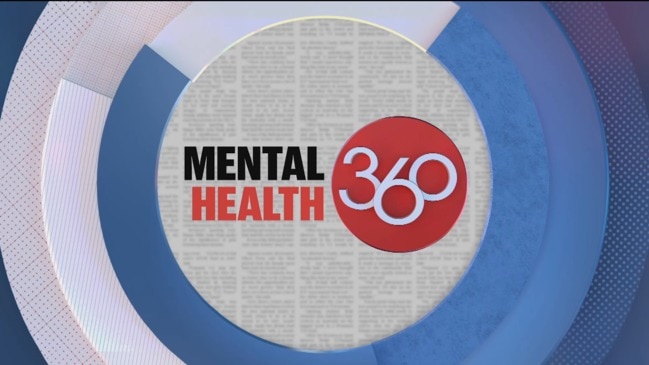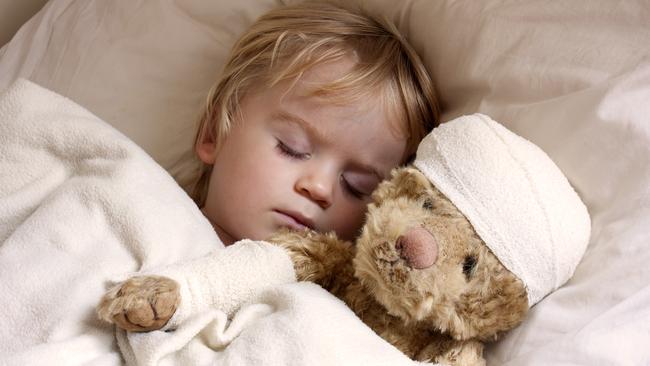Two in three teens in hospital for mental not physical problems
A disturbing new report reveals the scale of a worsening health crisis in Australia that can no longer be ignored.

National
Don't miss out on the headlines from National. Followed categories will be added to My News.
The scale of Australia’s deteriorating youth mental health crisis has been exposed by a new study which shows two in three teenagers in hospital long term are not there not for a physical illness but a mental one.
The eating disorders, anxiety and depression suffered by these young people is so severe their life may be at risk or they require significant inpatient intervention.
“In the case of eating disorders, we’re often dealing with young people that have critically low body mass index, their weight is at a point where they’re at serious risk of death. In the case of depression and anxiety, there’s a huge demand on hospital services to admit children to reduce the potential for suicide and crisis that can emerge in families,” study author Professor Adam Guastella from the Brain and Mind Centre at the University of Sydney said.
The University of Sydney study analysed all of the 518,768 children’s admissions to hospital between 2017-2019. It found the 324,083 children admitted accounted for 1,064,032 bed days in hospital.

Babies and toddlers aged to 4 years had the highest proportion of admissions at 35 per cent, and the most common reasons for their hospitalisation were respiratory conditions, diseases of the digestive system and traumatic injuries.
However, most of these youngsters were in hospital for less than a week, the study published in Lancet Regional Health Western Pacific found.
Whereas nearly half (45.6 per cent) of admissions of up to 22 days were for children aged over 12 years of age, and two in three (63 per cent) of long-stay admissions among children aged 12 to 15 were for mental health care.
The study covered the pre-Covid period and Professor Guastella said there was plenty of evidence youth mental health problems had increased since then.
The Australian Bureau of Statistics reported that in 2020-21 that almost half of all women and a third of young men suffered a mental disorder.
A survey by SANE Australia released this year found one million Australians with serious mental problems can’t afford care and are being turned away from services because their problems are too complex.
One in three psychologists had closed their books to new patients and the median gap payment for psychological care had increased to $90 per session.
Many people with a serious mental health illness had resorted to calling the police for help so they didn’t endanger themselves or others, the survey found.
Better access to health care in the community could have prevented many of the conditions that hospitalised children, Professor Guastella said.

“Poor families and those in regional and remote areas have less access to community services and they are more reliant on hospital services for acute care. So I think that these data could support the idea that where there are blocks in accessing health care in the community, you’re going to see greater demand on hospital acute services,” he said.
There was a great need for better use of technology and an expanded mental health workforce to detect and manage mental health conditions in the community before they reached crisis point, he said.
The study did not look at unmet demand – the number of children that presented to hospital and were turned away.
“My own personal experience as a clinical psychologist is there’s lots of anecdotal stories from families reporting that they’re not getting the help that they need,” he said.
More Coverage
Originally published as Two in three teens in hospital for mental not physical problems





